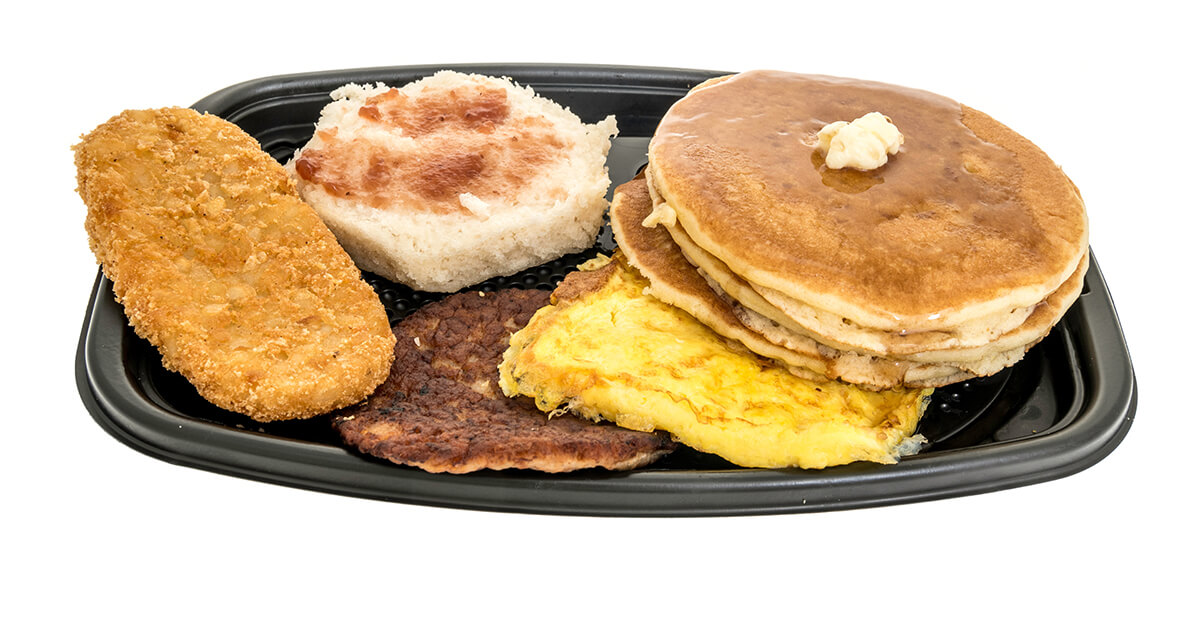August 7, 2024

A Lesson in Patient Access From a Fisherman and the CDC
I go fishing every year with the same group of buddies. This year marked our 41st anniversary. We wake up now to the sound of pill bottles rattling rather than beer cans opening. We’ve learned how to fish this particular river through trial and error over four decades.
The fish bite from 5 a.m. to 9 a.m. in the morning, then again at 5 p.m. to 9 p.m. in the evening. Don’t waste your time fishing between 9 a.m. and 5 p.m.
Here’s something we’ve also learned. The local diners, restaurants and supper clubs that dot the river don’t open for breakfast with their “fishermen specials” until 6 a.m. Hundreds of people who haven’t fished this river for years jam the joints for breakfast, don’t finish eating until at least 8 a.m. and don’t get out on the water until 9 a.m., when the fish stop biting.
We’d all love to get a big breakfast and a hot cup of coffee in the morning before we go out, but nothing is open at 4 a.m., when we get our stuff together. In my next life, I’m going to open a chain of food trucks that operate on or near boat launches, marinas, public docks and piers from 4 a.m. to 10 a.m. I’d make millions selling freshly made breakfast sandwiches and coffee. And Bloody Mary’s if legally permitted.
It’s a simple business lesson: Be open when your customers want to buy what you sell.
It’s a lesson, however, most hospitals, health systems, medical practices and other care facilities haven’t learned. They’re not open or available when patients want to use them. There’s lots of demand. There’s lots of supply. Providers just can’t connect the two. It’s why we have a patient access crisis in the U.S.
I wrote about it in “Patient Access Is Having a Moment” and “The Most Important Phone Call a Hospital or Health System CEO Will Never Make.”
I’m writing about it again thanks to a new report from the National Center for Health Statistics, which is part of the Centers for Disease Control and Prevention. The 13-page report is based on a survey of nearly 28,000 U.S. adults age 18 or older conducted in 2022. The survey asked the respondents about the non-financial reasons that they skipped or delayed medical care over the past 12 months.
Overall, 21.7% of the adults said yes, they skipped or delayed care over the previous 12 months because of reasons unrelated to money. Here are some of the specific reasons. Respondents could select one or more of the reasons:
- 12.5% said they were too busy to go to a provider.
- 10.6% said an appointment with a provider wasn’t available when they needed it.
- 4.6% said a provider wasn’t open when they could get there.
- 4.4% said a provider wasn’t “compatible” with their health insurance.
- 2.4% said it took too long to get to a provider.
Basically, the respondents said they skipped or delayed care because a provider wasn’t available when they needed one. Like fishermen skipping or delaying breakfast because a diner, restaurant or supper club wasn’t open when they wanted to eat.
Same thing. Except if I skip or delay breakfast, I’m probably healthier for it. I can’t say that about skipping or delaying a visit to the doctor.
This really isn’t that complicated. Be open when your patient population wants to buy care from you.
Reading.





